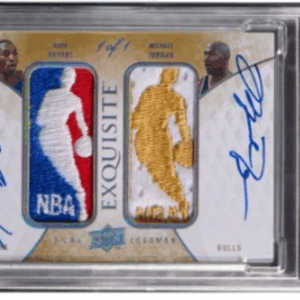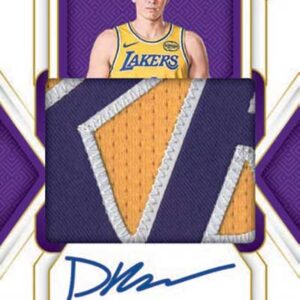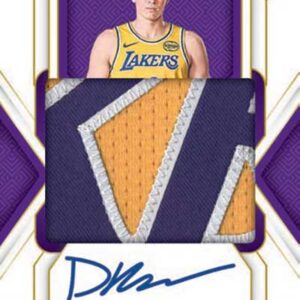Marvin Harrison Jr.’s journey from collegiate football stardom at Ohio State to the potential limelight of the NFL has hit a snag as the budding athlete navigates the maze of merchandising rights and licensing agreements. The young player, recently picked up by the Arizona Cardinals, is in the spotlight not only for his on-field potential but also for the intricate deals surrounding his image and brand.
In a strategic move preceding his final year at Ohio State, Harrison inked a multi-year contract with sports merchandising giant Fanatics, setting the stage for a potentially lucrative partnership in anticipation of his professional career. However, the transition to the NFL has brought forth a wave of uncertainty as he grapples with the intricacies of league regulations and endorsement agreements.
The crux of the matter lies in the unsigned accord with NFL Players Inc., the entity responsible for managing the collective licensing rights of NFL players for merchandising purposes. This pivotal agreement is a prerequisite for players to feature in NFL-endorsed products ranging from trading cards to team apparel. While Harrison’s deal with Fanatics already covered a spectrum of merchandising facets including autographs and custom trading cards during his collegiate tenure, the entry into the professional domain necessitates new negotiations and agreements to align with league standards.
Speculations abound regarding Harrison’s pending deliberations with Fanatics, with the primary point of contention reportedly revolving around financial terms and conditions. The protracted negotiations not only shape the trajectory of Harrison’s post-collegiate branding but also have a ripple effect on his visibility within the realm of NFL-endorsed merchandise.
The potential ramifications of a renewed partnership with Fanatics are far-reaching, particularly concerning the production of Harrison’s NFL trading cards and autographed memorabilia. Given Fanatics’ acquisition of Topps, the prominent trading card company, an extended agreement could see Harrison’s image adorning official NFL trading cards and autograph collections. This move, however, may preclude his participation in Panini’s trading card sets, as exclusivity agreements often dictate brand affiliations within the industry.
Drawing parallels to the experiences of fellow Ohio State luminary CJ Stroud, now a quarterback for the Houston Texans, Harrison’s negotiation dance mirrors the complexities faced by emerging NFL talents transitioning from collegiate to professional statuses. Stroud’s exclusive pact with Fanatics, coupled with a separate deal with NFLPA’s marketing division, allowed for dual-brand exposure through Panini and Topps, respectively. Should Harrison tread a similar path, his market presence and merchandise offerings are poised to reflect the intricate web of brand alliances and endorsement negotiations that define the modern sports merchandising landscape.
Amidst the backdrop of contractual deliberations and industry dynamics, Harrison maintains a direct line to his fanbase through personalized autographed merchandise offerings via his official online platform. From jerseys to helmets and football memorabilia, the young player’s entrepreneurial spirit shines through, showcasing a proactive approach to engaging with supporters while the whirlwind of licensing negotiations unfolds behind the scenes.
As the saga of Marvin Harrison Jr.’s NFL merchandising rights continues to unravel, the outcome of his dealings with Fanatics and NFL Players Inc. will not only shape his professional brand but also underscore the intricate dance of endorsements and agreements that define the commercial tapestry within the realm of professional sports.






